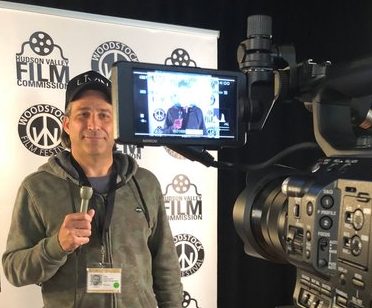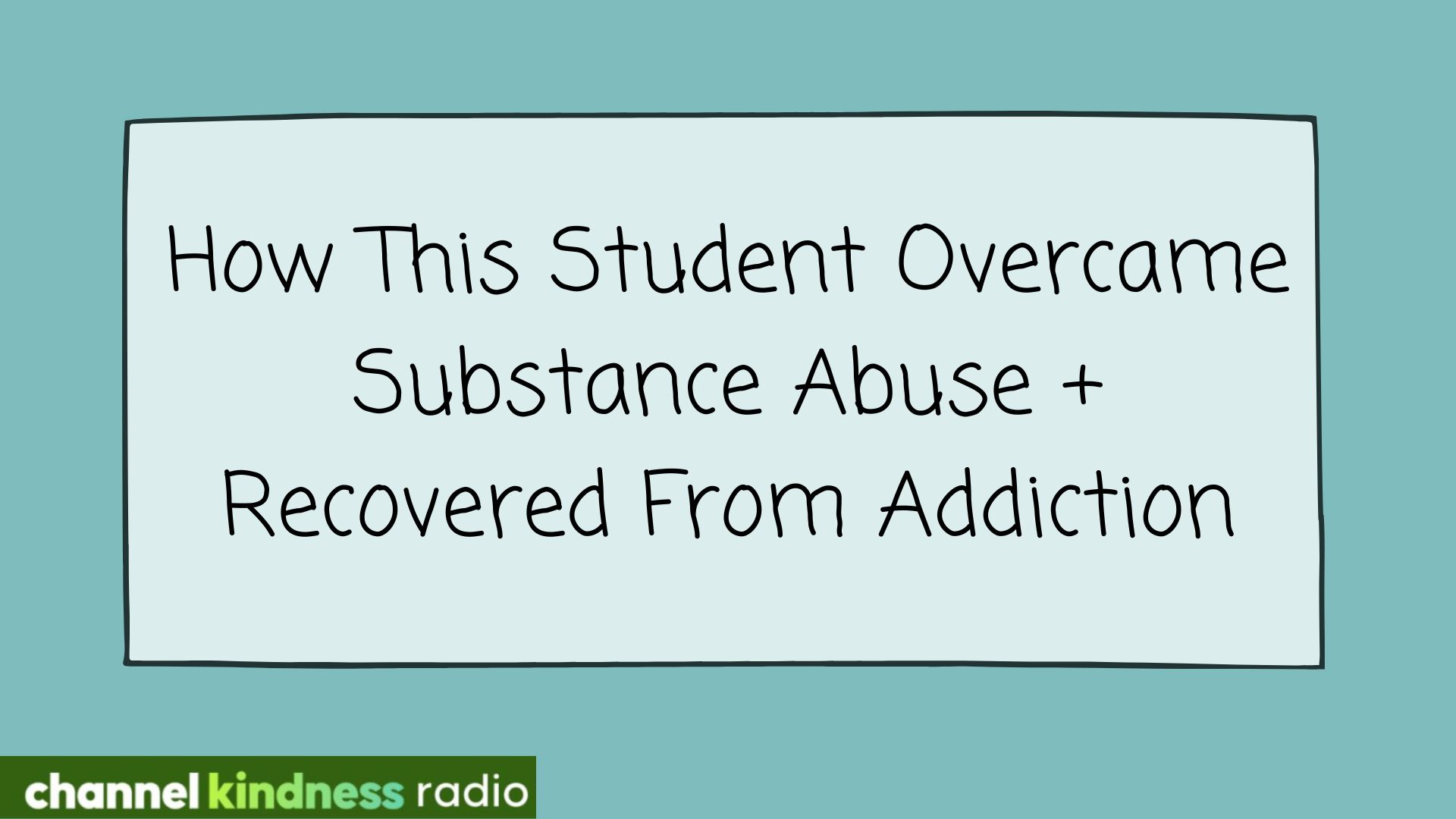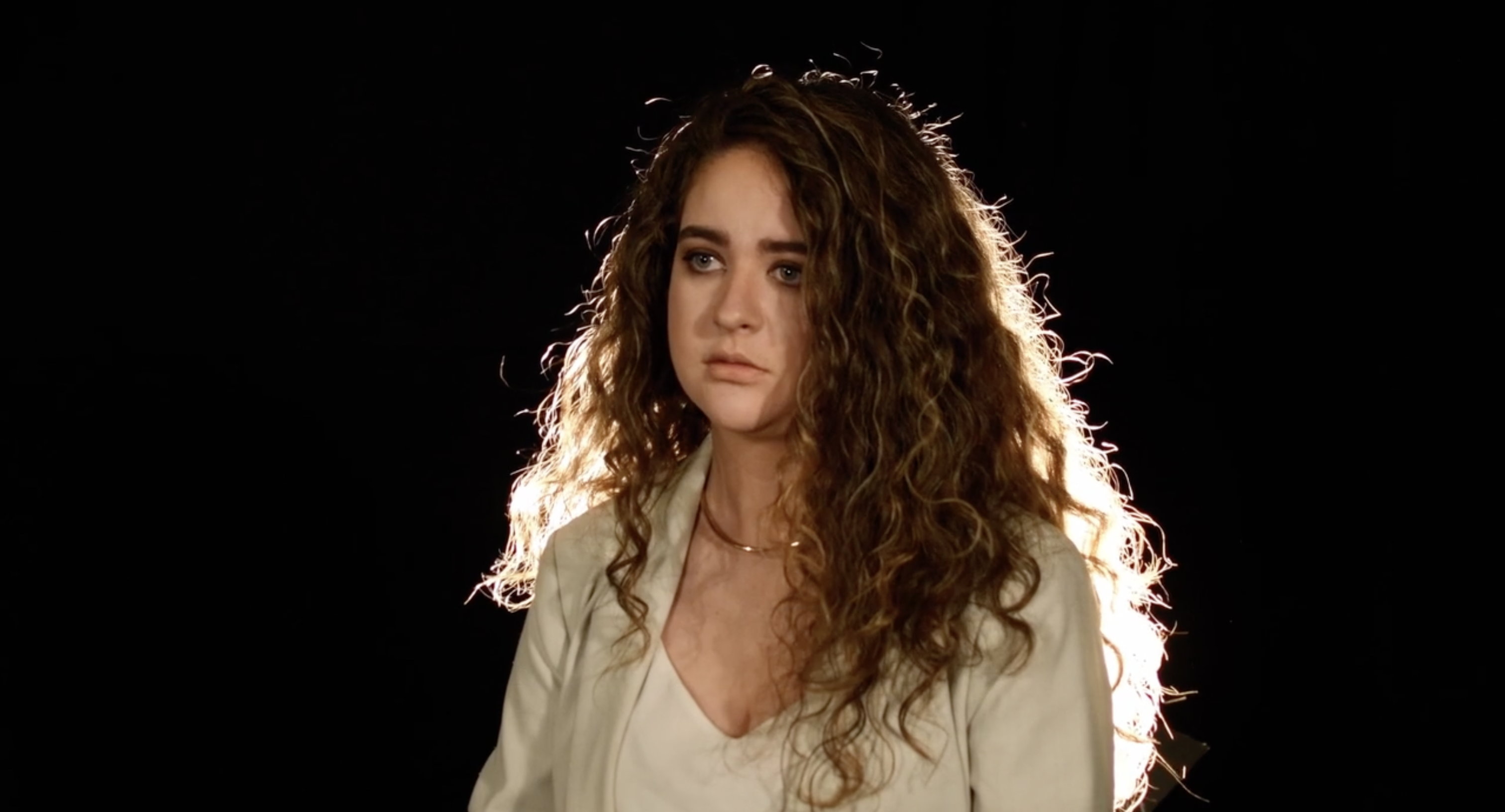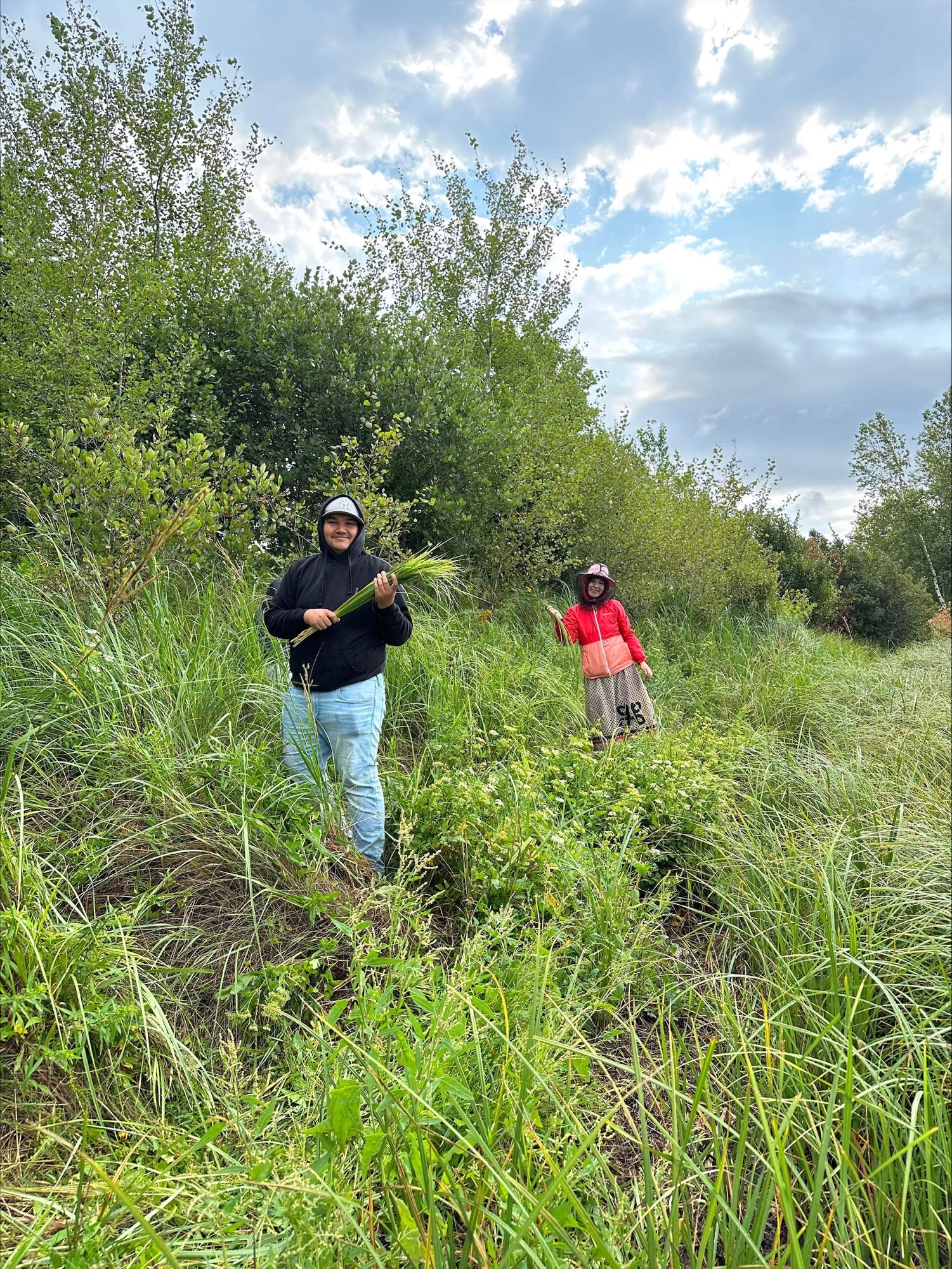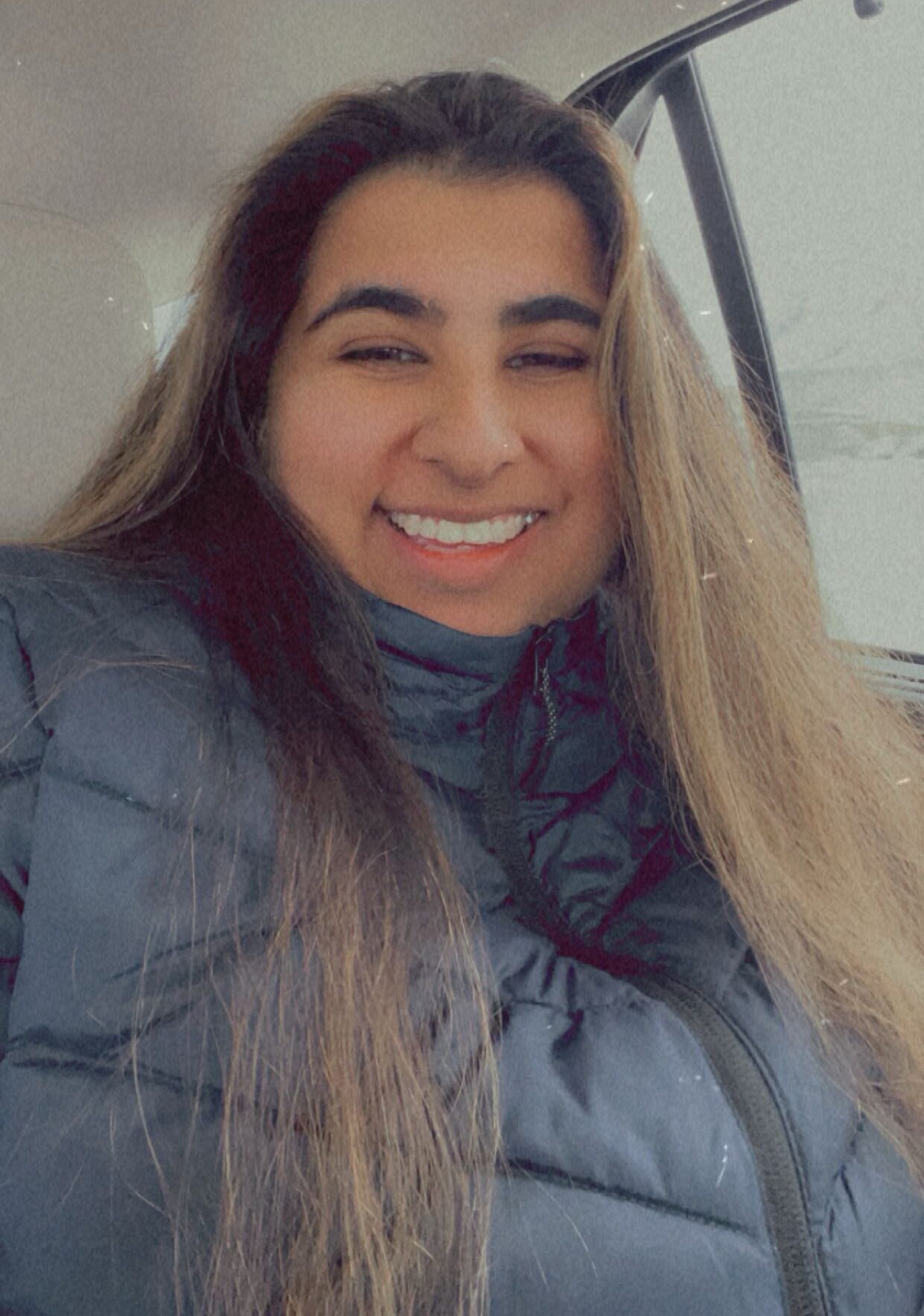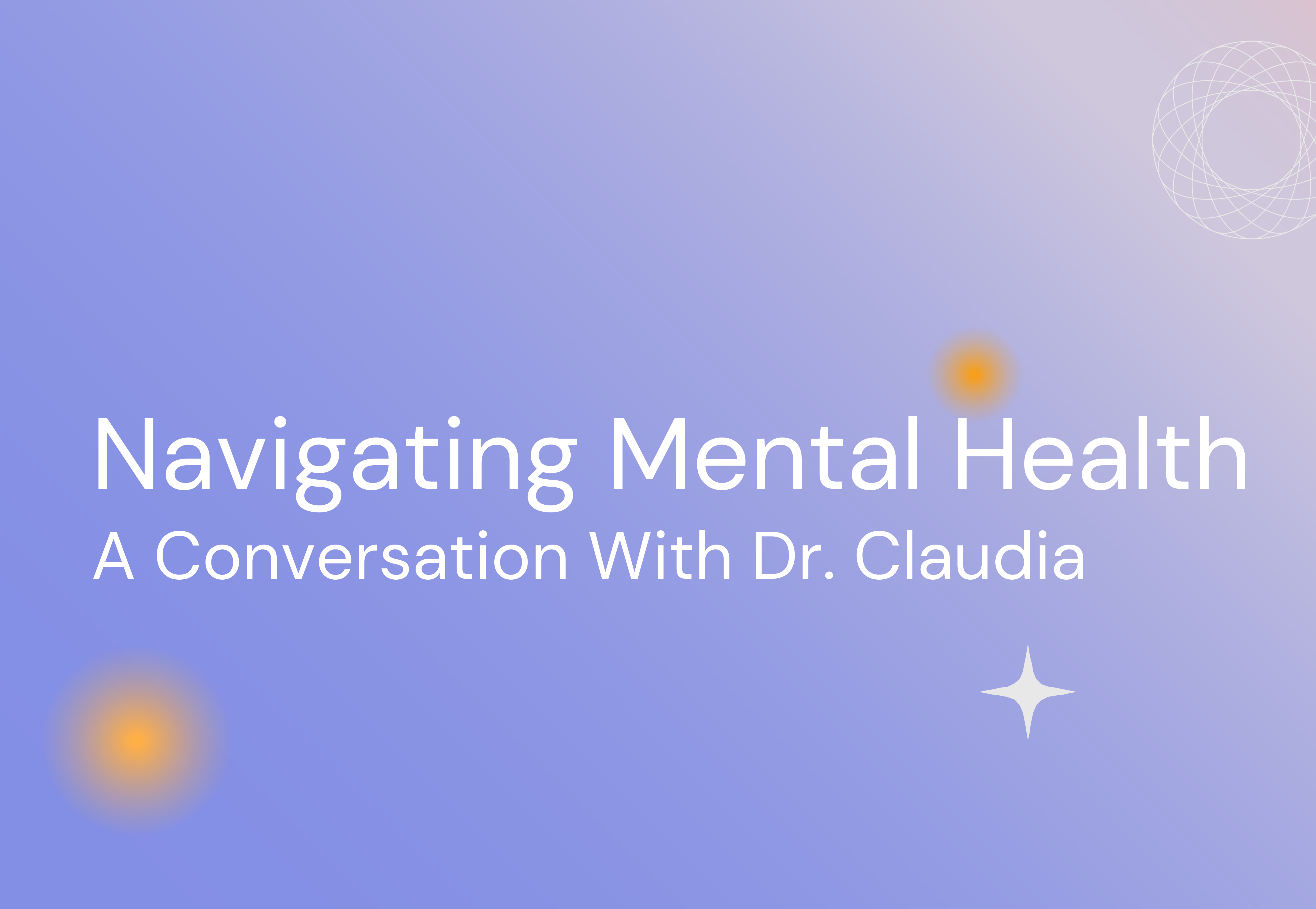*Content Warning: If you or someone you know is experiencing suicidal ideation, please call the National Suicide Prevention Lifeline 1-800- 273-8255 or text the Crisis Text Line – HELLO to 741741.*
According to the Center for Disease Control’s Causes of Death report, approximately 7,300 young people under the age of 25 died by suicide in 2019 in the U.S. (the most recent year for which data is available). That’s an average of 20 young people every day – the equivalent of losing the entire student bodies of 8 high schools every year.
Although the full impact of COVID-19 on youth suicide rates is not yet known, a recent CDC study showed that emergency room visits resulting from suspected suicide attempts were 50.6% higher among girls ages 12–17 than during the same period in the year prior to the pandemic.
Without the tremendous work of mental health and suicide prevention organizations, professionals, suicide attempt survivors, suicide loss survivors, advocates, and many others youth suicide rates would certainly be considerably higher. However, clearly much more needs to be done to end this epidemic, and we need YOUth to help do it.
Although the causes and solutions needed to address this issue are complex and multifaceted, there is a tremendous opportunity to engage, empower and mobilize more young people to play a major role in youth suicide prevention efforts. With research showing that 67% of young people tell a friend they are feeling suicidal before
telling anyone else, it is imperative that young people have more awareness and knowledge about mental health and suicide prevention issues and know what to do if they or a friend are experiencing challenges. So why aren’t we doing more to equip young people with information and skills they can use to help their peers and help save lives?
My Ascension is a feature-length documentary that helps answer this question. It shares the story of 16-year-old varsity cheerleader, Emma Benoit, whose suicide attempt left her paralyzed, but propelled her on a mission to use her painful experience to help others find hope and stay alive. The film also highlights the stories of two of Emma’s peers who tragically did not survive their attempts. We learn first-hand from their families, friends, school officials, and suicide prevention experts about the devastating effects of suicide and what can be done to prevent it.
Dr. John Draper, executive director of the National Suicide Prevention Lifeline addresses prevention strategies in the film: “If we could do a better job in schools in training young people how to help each other, and actually begin to empower young people… that to me is the secret”.
Many organizations and schools are doing great work in this area, but there is a need for more schools and communities to recognize the importance of youth involvement in conjunction with clinical services and other suicide prevention efforts. One organization profiled in the film is doing just that: Hope Squad, a school-based, peer-to-peer suicide prevention program, is in over 1,000 schools across the U.S. and Canada. In a scene from the film, Hope Squad founder
and executive director Dr. Greg Hudnall explains to a local high school audience why empowering teens in this way is so important: “We’re afraid to talk about suicide – we think if we talk about it, it will give someone the idea… but the reality is they are already texting their friends saying, I just can’t take it anymore… and the friends don’t know what to do.”
Stories of recovery and hope, like Emma’s, can help as Emma’s can help young people gain insights into their own mental health challenges, the devastating effects of suicide, and how it can be prevented. These stories not only help young people see that they are not alone in their struggles, but also play a vital role in helping their peers get the professional help they need. Says Emma Benoit: “One of my primary goals for the film is to inspire and empower other young people to get involved in suicide prevention through advocacy and by learning skills they can use to help their peers”.
Empowering young people experiencing mental health issues to make positive changes for themselves and others is nothing new for My Ascension director/producer, Greg Dicharry. He works as the youth empowerment director for Magellan Healthcare, where he oversees MY LIFE, a national mental health youth empowerment program he created in 2008.
The CDC’s Preventing Suicide: A Technical Package of Policy, Programs, and Practices recommend two specific approaches to help reduce suicides, both of which are addressed with groups such as MY LIFE and Hope Squad:
1 – Peer norm programs that support the development of positive connections with peers and encourage help-seeking and the development of connections to trusted helpers.
2 – Community engagement activities that bring together members of the community. Youth need to receive training and be provided with opportunities to utilize their skills to help their peers, schools, and communities. In addition to Hope Squad and MY LIFE, other programs are also doing great work empowering young people to play an active role in suicide prevention and mental wellness efforts. It is up to all of us to ensure that these types of life-saving programs are supported and available to as many young people as possible.
These organizations can help YOUth get involved in suicide prevention:
Hope Squad
Sources of Strength
My Friend Abby
Born This Way Foundation
Channel Kindness
Active Minds
Teens 4 Teens Help
Two Write Love on Her Arms
Trevor Project
Mental Health America
Peer Responders
BeThe1To
Anyone can learn skills that could help save a life – BeThe1To www.bethe1to.com
If you think you may be experiencing symptoms of a mental health condition, take a free online screening from Mental Health America. In need of support? Please reach out!
If you or someone you know needs help – call the National Suicide Prevention Lifeline 1-800-273-8255 or text the Crisis Text Line – HELLO to 741 741.




